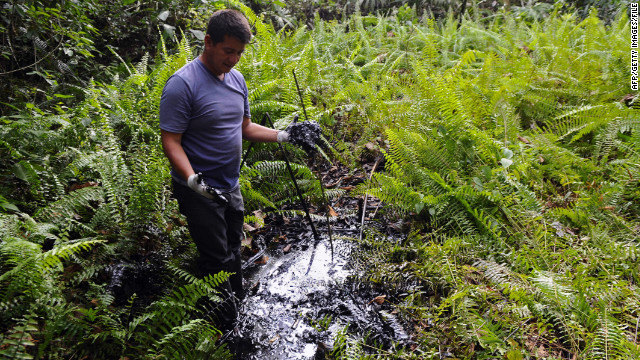By Brittney Hodnik
Impunity Watch Reporter, North America
OTTAWA, Canada – Leon Mugesera lost his 16-year battle to stay in Canada on Monday, 23 January 2012. Mugesera has been charged with crimes against humanity, by encouraging and promoting the Rwanda genocide. Canadian authorities ruled that he would be deported, and returned to Rwanda as soon as possible. A federal government official told BBC News that Canada “will remove him as quickly as legally possible.”

In 1992, Mugesera was a member of Rwanda’s ruling Hutu party, the MRND, according to BBC News. In his capacity, he gave a speech to more than 1,000 party members, encouraging them to kill Tutsis and throw their bodies in the river. The ensuing two years resulted in mass killings between the Hutus and Tutsis.
Mugesera allegedly referred to Tutsis as “cockroaches that should be exterminated.” Over the two year period, somewhere between 800,000 and 1 million Hutus and Tutsis perished.
According to the Montreal Gazette, Mugesera arrived in Canada in 1993 with his wife and five children. In 1996, he was ordered deported for failing to reveal on his application that he may have been involved in crimes against humanity. He fears torture or death if he is returned to Rwanda, according to The Times Colonist.
Finally, on 12 January 2012, the Canadian courts officially deported him. The Montreal Gazette reports that his lawyers sought a stay, and eventually lost in the Federal Court of Canada. However, Mugesera and his lawyers appealed to the United Nations Committee against Torture.
The UN Committee requested that Canada hold off on the deportation until it could review the case. However, authorities argued that the provincial court did not have the jurisdiction to rule on immigration cases, according to CTV News; rather the matter was solely the province of the federal court.
Rwanda’s Foreign Minister Louise Mushikiwabo is praising Canada saying that it “did the right thing.” Further, as CTV Montreal reports, “Leon Mugesera’s deportation, while decades past due, is welcome news for a people committed to healing and justice,” said Mushikiwabo.
The Canadian government based its decision to deport, taking into consideration diplomatic assurances that Mugesera would be safe to return to Rwanda. According to The Montreal Gazette, “The Canadian government has denied there’s minimal risk because it’s received diplomatic assurances.” Mugesera’s lawyer argues that the “Rwandan government is run by organized crime,” and he fears for his client’s wellbeing, according to The Montreal Gazette.
Mushikiwabo wrote on Twitter and news sources confirm that Mugesera had left the country and he was on his way to Kigali, Rwanda.
For more information, please visit:
CTV Montreal — Mugesera Lands in Rwanda Following Historic Deportation — 24 Jan. 2012
The Times Colonist — Rwanda Genocide Suspect Mugesera Deported From Canada — 24 Jan. 2012
BBC News — Canada Deports Rwanda Genocide Suspect Leon Mugesera — 23 Jan. 2012
The Montreal Gazette — Judge to Rule Monday on Rwandan Genocide Suspect Leon Mugesera — 23 Jan. 2012



